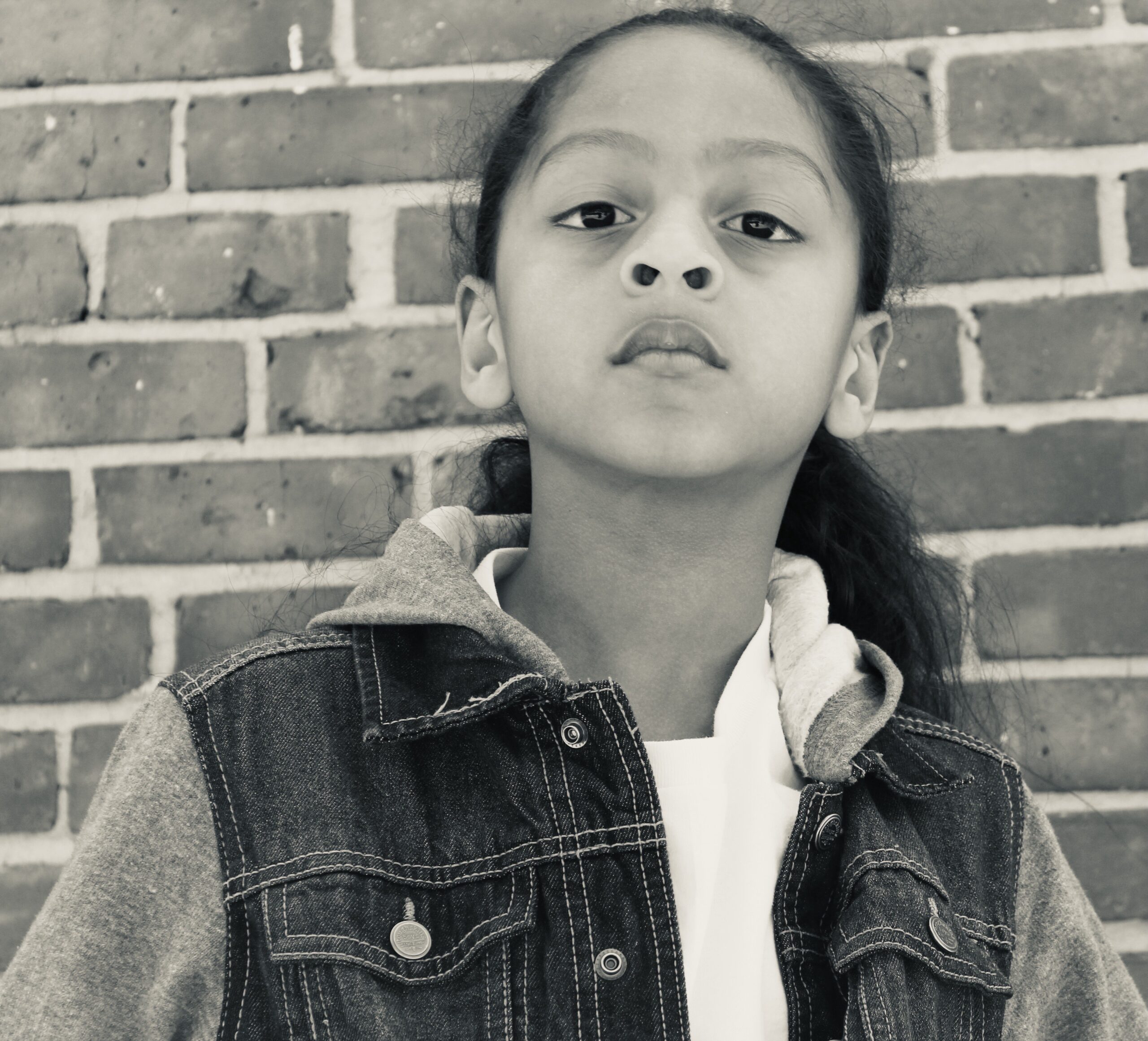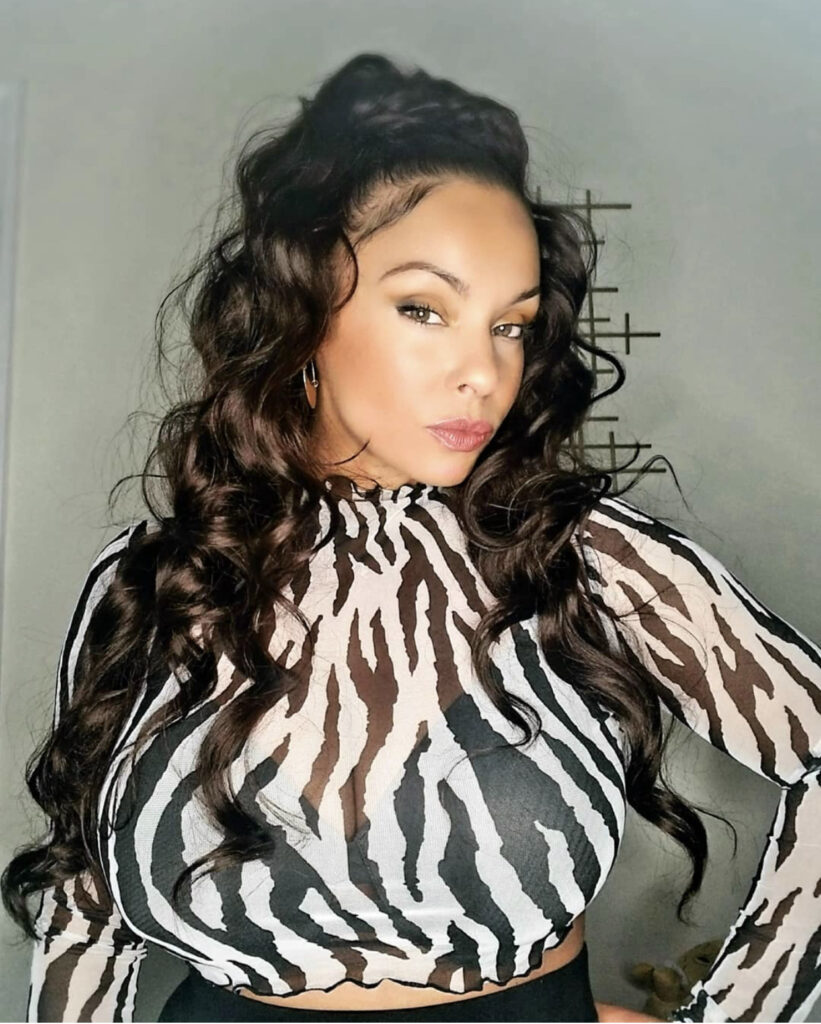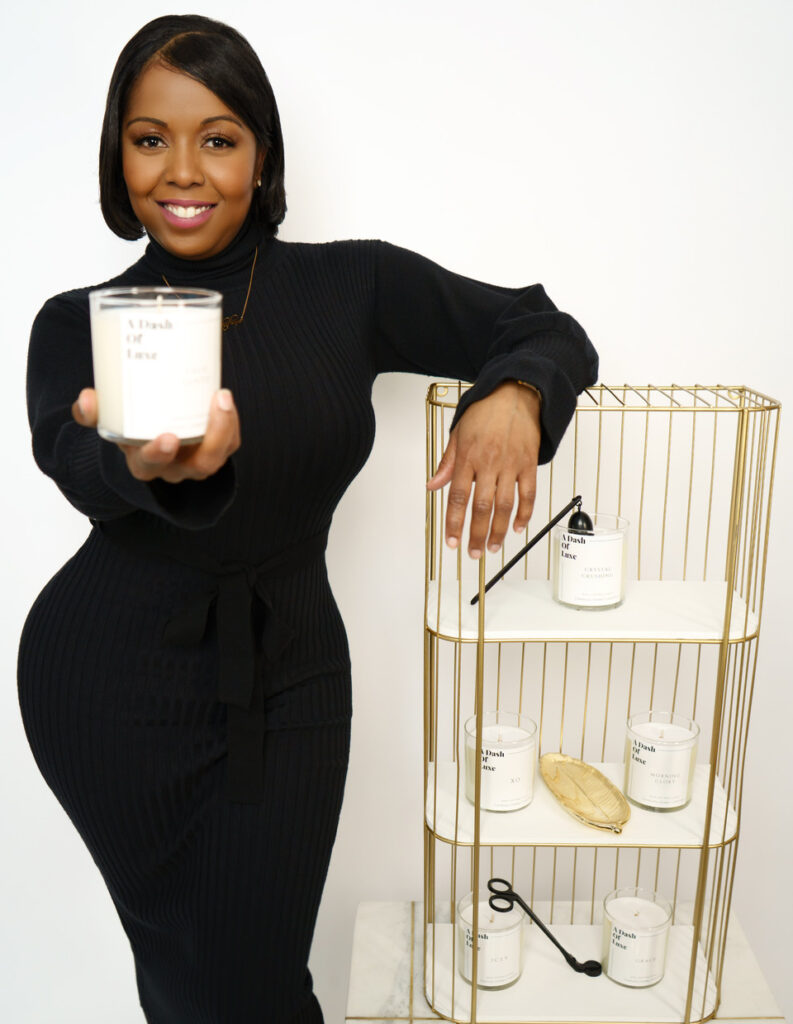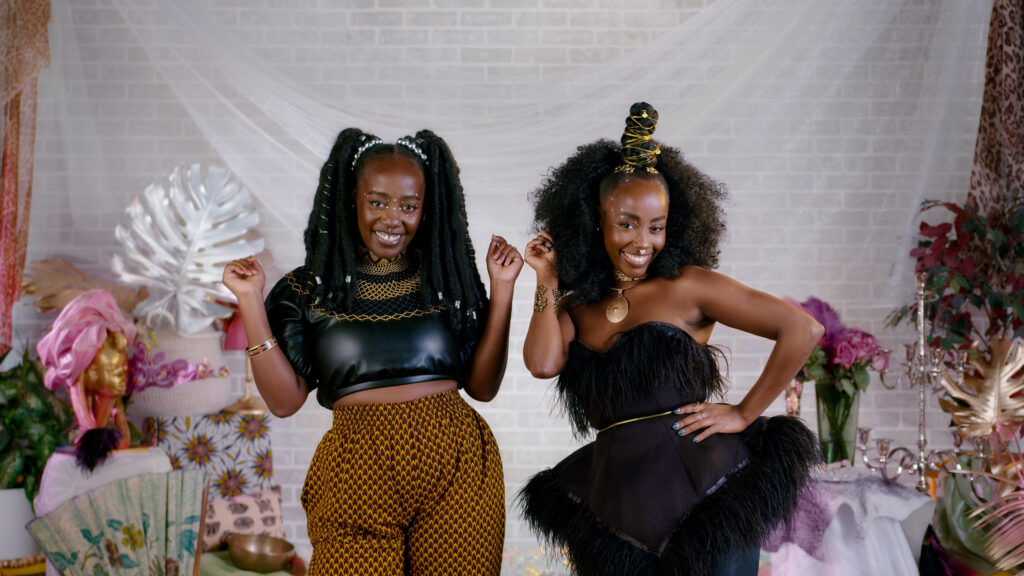There are a few thoughts that I need to release to get this feeling of uneasiness from my chest. I hold a few titles: educator, writer, producer, artist, entrepreneur, community change agent, and mother. I am a black woman raising a beautiful black boy, that I have loved the moment I heard his heartbeat and felt his tiny kicks in my womb. A safe space that temporarily shielded my child from the world.
And with deep reflection upon my hopes and dreams for my son’s future and all black and brown children, I can’t help but ask myself this one question at what age are our children deemed a threat to society? Before we get into that, I feel it’s essential to review a few historical facts incorporated with my opinion, if you don’t mind.
A society, a world, and an America that has embedded the Trauma in The DNA of those of Non European lineage started before our very existence. Regarding Black Americans, 156 years ago, slavery the condition of being held or owned as human chattel or property; bondage was abolished. Except Mississippi not ratifying the 13th Amendment until February of 2013 due to an oversight AKA “These Negros are out of their mind/ hmm let’s skip over this part, “according to CBS news. Is it fair to say that almost every decade in American history has been trash for black and brown people? I imagine there were some old cliff notes written on a dusty map that left detailed instructions such as “The European guide to doing what the hell we want. Precise details with stick figures painting a picture of our ancestors stepping foot into this good profitable land of America stolen from the natives by Europeans. White folks executing the tactics of trickery, murder, and rape of indigenous people naming it the land of the free, except for all the different looking people. “Freedom does not apply to you, you, or you savage, and especially not you back there with the bow and arrow. Better yet, let’s put all these illegal
immigrants in cages and separate the children from their parents, never mind that we have no clue where most of the kids are after placement. “You all ready for some good ole American football? Look at them damn bastards taking a knee!” And let’s not forget the crack cocaine and drug epidemic that plagued the communities of black and brown people, The School – to – prison pipeline that is still largely impacting disadvantage communities of black and brown children, unequitable education, mass incarceration, and let’s not forget poverty and the gentrification of our grandparents’ neighborhoods.
Back to my point, historically, America has never been kind to black and brown people. I am confident that we are all in agreement here. Black and Brown people have always had to learn how to adapt to survive a race that deemed itself superior. If you don’t believe what I’m saying, take some time to do your own research; better yet, take the time to listen and talk to some elders. I quite frankly don’t have the mental capacity to lay out the never-ending historical examples. But I say all this to say black and brown people are still at war. We are at war still trying to prove to an America, “land of the free,” that Black Lives do very much matter, and we have a right to live and be treated with dignity and respect. And there’s a war within our communities, where the loss and value of life have rapidly taken over, leaving our children traumatized, parentless, robbed of not having experiences of just being carefree children. Children are left responsible for processing feelings of grief and loss because their peers are getting shot down and killed in the streets. The normalization of these forms of traumatic experiences must end. I watched a news segment the other day and saw where a community came together to honor a 13-year-old boy who was gunned down in front of a Dave n Busters by a 12-year-old boy. A mother was present with her son, who was full of so much emotion and grief, standing by her side. The woman spoke to the cameraman, saying that this was her son’s 4th candlelight vigil that he attended, making this the fourth close friend he lost to gun violence. I have had enough. The cycle of Trauma is hitting the communities of black and brown children from every angle.
This brings me to the unpacking of trauma and how it impacts the communities of black and brown people. I will be implementing a three-part series that will focus on the lingering effects of Trauma from Law Enforcement, Community Violence, and Sexuality. I encourage you to stick around and join me as we embark on the first stages of healing, which is to simply
acknowledge that we have a problem not turning a blind eye to the injustices and trauma that many people are living with daily.
Part. I – Officer Friendly, I think TF Not!
One thousand four hundred sixty days is the number of days that people of color survived under the Trump administration. An administration that placed a spotlight on a dysfunctional government that was run with cult-like religion and political views giving power to white supremacy tactics. These tactics were disguised by the power of the badge and the nauseating patriotism that was a que for manipulation for lack of better words.
The uptick in the unarmed slaying of black and brown people became almost a norm under the guidance of the Mr. Law and order president himself. With Trump out of office, we are still pretty much knee deep in the fight for survival and the hope for all sworn officers to have empathy and a damn heart to truly protect and serve all citizens. Since the Derek Chauvin trial, new birth hashtags to raise awareness for victims are circling social media platforms and headlining news.
More recently, the judge and execution of Daunte Wright, Adam Toledo, Anthony Thompson Jr., Ma’khia Bryant, Andrew Brown, Marvin Scott III who was murdered while in police custody, and Isaiah Brown, who is currently in ICU fighting for his life. The common denominator is that All victims came from black & brown communities, some were under the age of 21 and the victims were fatally wounded by police officers. Suppose you choose to stick with me throughout this 3-part series; you will get an opportunity to meet a few professionals that will assist me with this unpacking. I have high regard and respect for these persons with careers in the mental health and human service industry and the educational sector. These people are soldiers on the frontline doing the work and are change agents that I consider community stakeholders. Which brings me back to my first question: At what age are black and brown children considered a threat to society?
Some time ago, I came across an article written by Stacy Patton, for the Washington Post, who is the author of the memoir “That Old Yesterday,” and her words hit my stomach like a ton of bricks. “Black America has again been reminded that its children are not seen as worthy of being alive — in part because they are not seen as children at all, but as menacing threats to white lives.
America does not extend the fundamental elements of childhood to black boys and girls. Black childhood is considered innately inferior, dangerous, and indistinguishable from black adulthood. Black children are not afforded the same presumption of innocence as white children, especially in life-or-death situations.” (Patton)
A common theme for the justification of police-involved shootings is the black or brown person size. Many officers have referenced feeling threatened because of the victim’s height, body mass, and even their quote on quote “attitude”. Therefore, fearing for the safety of their lives. So, I must ask myself, are our children deemed scary once their baby teeth fall out? or when they experience their first growth spurt? Or do we have to continue to dress our kids in superhero outfits or borrow clothing from Steve Urkel or Hilary Banks collection to ease fear or anxiety?
I want to introduce Mr. Chad Quinn (Educator & Dean of Students at a middle school in Washington DC), to whom I would like to direct my first question.
FEMI Mag: How traumatizing is it for children to be told that they can’t be free to be themselves, or they must dress, behave, or look a sure way to avoid racial profiling or not look like a thug? From your personal experiences, did your parents ever have that conversation with you? If so, how did it make you feel?
C. Quinn: That’s a great question, LaTrice. I feel like the buzz phrase we use these days in this post “woke” era is don’t shrink yourself for others, yet it feels like a contradiction of thought with how many black and brown people interact with their children. From my work as an educator to my personal life, I see black parents continuously warn, lecture, and criticize their children’s behaviors and how they dress, often reminding them that they have to show up differently from
their white counterparts. Dick Gregory once said in an interview that it’s damaging for black parents to keep telling their kids that they have to “be better” than the white kids.
I’ve been pulled over by the police more than 40 times in my life, and that’s no exaggeration, but the first time sticks out the most. I was 17 and got stopped by a cop who tried to humiliate me. He walks over to my window and starts by saying he thought I was a woman because of my braids, then said he didn’t expect to see a “kid” in such a fancy car…it was a Kia, nothing impressive at all. When I got home to share my frustrations with my parents, the FIRST thing out of my mother’s mouth was, did you have that wave cap on? I was heated. How was that relevant? Why do I feel like I’m being attacked instead of defended? My dad came downstairs and the three of us got into an argument about why, what I was wearing and how I presented myself meant so much. I get it now; although my thoughts on the incident haven’t changed, it’s just truly crippling to know that you can’t walk this world with the same freedom and “luxuries” as others.
FEMI Mag: Getting pulled over 40 times is a lot. And I’m sure it was an abuse of power in many cases. I have been pulled over a few times, nowhere close to 40 times, and that feeling of anxiety that I feel when I see a cop driving behind me or close by kicks in. It’s almost as if my brain automatically kicks into survivor mode. Making sure I’m going the exact speed limit. If I’m at a stop sign, I’m counting to two, making sure I stopped for two long seconds (something my dad taught me when I was 15 learning to drive with my learner’s permit).
C. Quinn: Yeah, it’s very real. My hometown is in Jersey, and Jersey is and has been one of the highest profiled states in the US for over twenty years. So not a day goes by that I don’t immediately notice and react to when a cop gets in my lane. It’s really sad.
FEMI Mag: Yes, it is. These are some of the traumatic experiences that black and brown people have faced dealing with law enforcement. Many of our experiences have not been great and loving encounters. My earliest memory of getting pulled over is when my best friend and I were about 16 years old. One summer day, we were riding in a GMC Yukon truck with friends who happened to be males, and we were pulled over for absolutely nothing. Like “get out the car and put your hands on the truck pullover style.” The officer’s justification for pulling us over was
because they could not see inside of the back window. They ran every check possible to look for any bad information, just to learn that the truck indeed was my friend’s car which was registered in his mom’s name. His mom at the time was a very successful lawyer. And the cops were not white officers; they were African American men racial profiling and picking on some black kids driving a truck they probably wished they owned.
C. Quinn: Yeah, Trauma is something we live with daily. We could spend the next two hours going back and forth with personal episodes dealing with these cops. Sadly, these conditions have been normalized in communities of color.
FEMI Mag: This brings me to the subject of defunding the police. The first time that I heard the term ” Defund the Police” was from a Black Lives Matter Activist. I did not fully understand what defunding the police meant, however after taking the time out to research for myself, I discovered that the misconception is to dismantle police all together which is not valid. The overall objective is to allocate resources to hire professionals in the social service industry to go out into communities and respond to non-violent mental health calls to reduce police interaction and violence. It has been reported that the NYPD is taking the first step with directing their non – violent mental health calls to Social Workers and Emergency Medical Services. And in the District of Columbia (my hometown) there is a Crisis Intervention Unit that is composed of mental health professionals that will respond to calls when requested, a resource that is available to community members that needs to be better publicized. With these positive changes in the right direction, it is my only hope that other law enforcements in other states will follow, but the work is far from being over and far too many lives and families have been destroyed due to officer-involved encounters that are plaguing the communities of black and brown people.
When I was growing up in the 90’s I remember the term “Officer Friendly” which was a model program to humanize law enforcement relationships with children and young adults. The intention of the program was a part of a community relation campaign, where police officers would walk the streets of neighborhoods to build trust and develop relationships and law enforcements would visit schools and hangout with children. Part of the campaign included distributing coloring books, videos, and curriculums. Lesson plans were developed for
classrooms and facilitated. There was a period when cops were considered “cool” and admired by many children, even in black and brown communities. That admiration has now turned into fear and terror because of the loss of trust and the indirect Post Traumatic Syndrome Disorder of witnessing thousands of slayings of black and brown people by the hands of police officers who are supposed to offer a feeling of safety and security.
At this time, I would like to introduce Leslie Bell, Founder of Overcoming Scars Inc and Community Based Change Agent whom I would like to direct this question to.
FEMI Mag: What measures do you believe need to be taken to restore trust in law enforcement? Do you even believe that it’s possible for people that reside in black and brown communities?
Leslie B: Overall law reform and police reform. The entire system needs restructuring before we can begin to have a conversation around black and brown people trusting law enforcement officers. It is imperative that lawmakers understand the history of negative interactions black and brown people have experienced with law enforcement in order to begin to reform laws that will protect the interest of the black and brown communities. Community liaisons would help bridge the gap. Having licensed mental health providers on the police force would assist in bridging the gap. Also having licensed social workers on the police force… It is important that law enforcement have a great understanding of mental health disorders to discern between a suspected criminal and a citizen with a mental health disorder.
FEMI Mag: Absolutely. I would like to add that law enforcement must have an empathetic heart and genuinely care about the people within the communities that they are serving. I do believe that finding officers who can truly relate to the people in their assigned communities is impactful. Like how can you realistically expect an officer who could have been born and raised in Beverly Hills, attended Private school his/ her entire life, never seen a struggle to all of a sudden work in a community where 95% of the persons that reside in the community fall under the federal poverty line? How does that realistically work? Are these officers showing up to work with their biases? Are they not able to effectively work with community members because of their fears? I would really like to know.
Let’s take it a step deeper. Police recruitment starts in most high schools. I can recall attending many career fairs senior year and seeing advertisements for the Police Cadet Program. At what age does the human brain truly mature? Research supports that the Human brain can take up to 30 years to reach maturity. Therefore, I do question if it’s ideal to place firearms in the hands of
officers who may be overzealous, whose brains are still baking for all intensive purposes. Research supports the theory that the human brain develops gradually over the course of several decades. I do believe in order to achieve true police reform those elected officials in charge must examine
the root of the problem and examine every possible angle and start the work of implementing changes, because we know that any Band-Aid approach will not be effective. Part II of my Op -Ed “Trauma and how it impacts the communities of black and brown people” will focus on the systematic genocide of black and brown people, by the hands of black and brown people do to community violence. I will be introducing Dr. Lorie Hood, PhD a Traumatologist and Neuropsychologist and Maia Shafer a licensed Social Worker, with a focus in building relationships in traumatized communities. I invite you to stay tuned and get in on the discussion by emailing your thoughts and comments to the traumaseriesoped@gmail.com.
Follow Us On Social Media!




